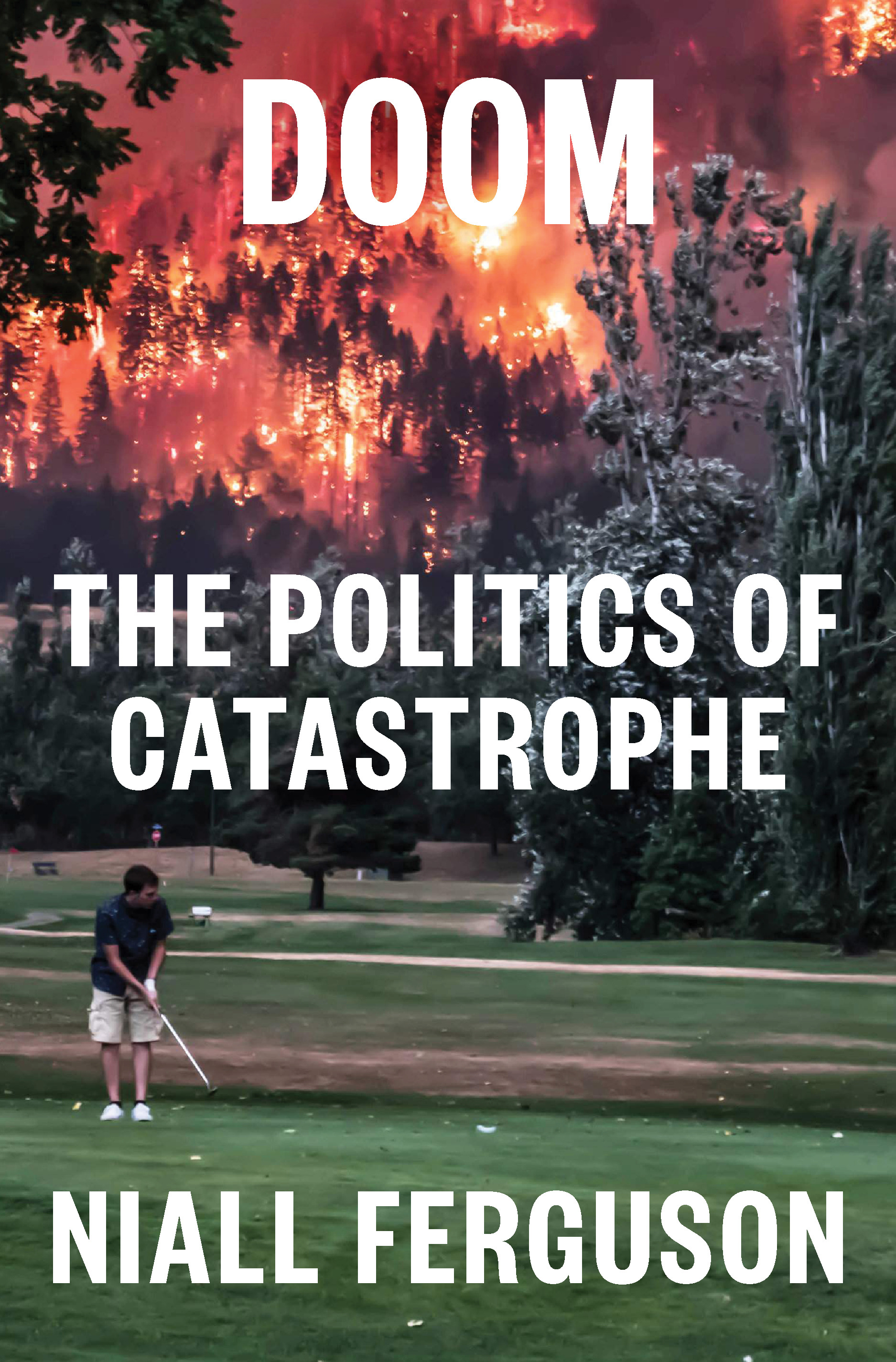New Book “Doom: The Politics of Catastrophe” Puts COVID-19 Into Broader Context of Other Crises
Historian Niall Ferguson says government bureaucracy is to blame for inadequate preparation and slow U.S. COVID-19 response.
COVID-19 has been a generation-defining event for the entire world, but especially here in the United States where more than half a million people have been killed by the coronavirus. Many people are unsure as to who is to blame for this disastrous lack of preparedness. Some believe the slow response is the fault of public health agencies, like the Centers for Disease Control and Prevention.
One historian says that we can learn a lot by putting the pandemic in the more broad historical context of other crises humanity has endured.
“We love science fiction in which a terrible fate awaits us … we think a lot about the end of the world, the end of our species. And at the same time, although we’re fascinated by this idea, when disaster strikes, we don’t handle them at all well.” –Niall Ferguson
Listen: Niall Ferguson on what history can teach us about coping with catastrophe.

Guest
Niall Ferguson is a historian and Milbank Family Senior Fellow at the Hoover Institution at Stanford University. In his new book, “Doom: The Politics of Catastrophe,” he examines various disasters throughout history to put the COVID-19 pandemic into context.
Ferguson says he initially was going to write a book about how humans have a love for “doom” fiction. “We love science fiction in which a terrible fate awaits us,” he says. “We think a lot about the end of the world, the end of our species. And at the same time, although we’re fascinated by this idea, when disaster strikes, we don’t handle them at all well.”
Ferguson says that it is better to blame the inadequate responses from bureaucracies than the elected leaders of nations. “There are countries that got COVID so right that hardly anyone died. Taiwan is probably the shining example,” he says. “They very quickly made large-scale testing available as well as getting a contact tracing app and using digital means to enforce the isolation of infected or potentially infected. We did none of that,” notes Ferguson.
As for the lessons to be learned from the COVID-19 pandemic, Ferguson believes that while it is futile to predict the next catastrophe, governments must be prepared for all types of disastrous scenarios. “We need to get government to be less bureaucratic and nimbler, quicker, in its response,” he says.
Web story written by Dan Netter
Trusted, accurate, up-to-date
WDET is here to keep you informed on essential information, news and resources related to COVID-19.
This is a stressful, insecure time for many. So it’s more important than ever for you, our listeners and readers, who are able to donate to keep supporting WDET’s mission. Please make a gift today.
